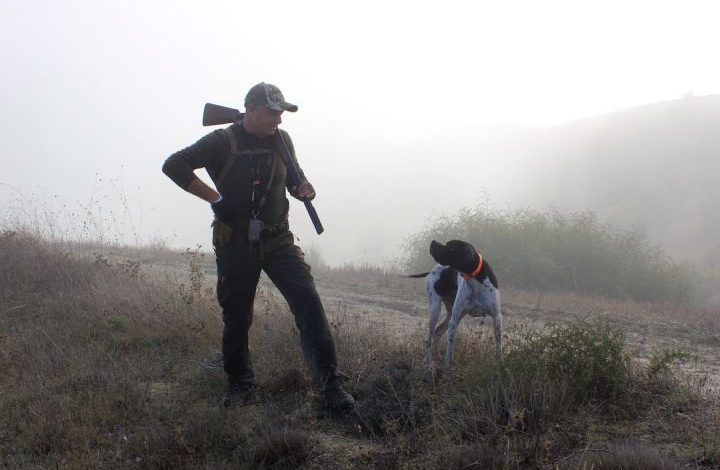Why Is Ethical Hunting Important?

Hunting has been a part of human civilization for thousands of years, providing sustenance, cultural significance, and even a form of recreation. However, as our society becomes more conscious of environmental and ethical concerns, the concept of ethical hunting has gained prominence. Ethical hunting is the practice of hunting in a manner that respects and safeguards the welfare of wildlife and their habitats. In this article, we will explore why ethical hunting is crucial for the preservation of ecosystems and the well-being of animal populations.
Preserving Biodiversity and Ecosystems
Ethical hunting plays a vital role in maintaining biodiversity and the health of ecosystems. When hunting is conducted ethically, it helps control animal populations, preventing overpopulation and subsequent ecological imbalances. By managing animal populations, ethical hunting reduces the risk of habitat destruction and depletion of food sources. This ensures that a diverse range of species can coexist harmoniously and thrive in their natural habitats.
Promoting Conservation and Wildlife Management
Ethical hunting also contributes to conservation efforts and wildlife management. Hunters who abide by ethical guidelines often engage in activities that support the conservation of habitats and the species that inhabit them. They actively participate in programs that restore and protect wildlife habitats, contribute to research and monitoring efforts, and financially support conservation initiatives. These actions help ensure the long-term survival of vulnerable species and the preservation of their natural environments.
Minimizing Animal Suffering
A fundamental aspect of ethical hunting is minimizing animal suffering. Ethical hunters prioritize humane practices, aiming for swift and clean kills to minimize unnecessary pain and suffering for the animals they hunt. They use appropriate hunting methods and equipment, such as high-powered rifles, broadhead arrows, and well-trained hunting dogs, to ensure that animals are dispatched quickly and efficiently. This commitment to minimizing animal suffering demonstrates respect for the lives of the animals they hunt.
Promoting Sustainable Harvesting
Ethical hunting emphasizes the concept of sustainable harvesting. It recognizes that natural resources, including wildlife, are finite and must be managed responsibly to prevent depletion. Ethical hunters understand the importance of not exceeding sustainable harvest limits, ensuring that animal populations can replenish themselves naturally over time. By adhering to these principles, ethical hunters play a crucial role in maintaining the delicate balance between human consumption and the protection of wildlife populations.
Cultivating a Connection with Nature and Food
Ethical hunting allows individuals to develop a deeper connection with nature and the food they consume. Unlike factory farming, where animals are raised in confined spaces and often subjected to inhumane conditions, ethical hunting allows individuals to actively engage with the natural world and understand the origin of their food. By participating in the hunting process, individuals gain a greater appreciation for the interconnectedness of ecosystems and the importance of responsible stewardship.
Conclusion: A Responsible Approach to Hunting
Ethical hunting is not just a personal choice; it is a responsibility towards the welfare of wildlife and the preservation of ecosystems. By practicing ethical hunting, we can contribute to biodiversity conservation, promote sustainable wildlife management, minimize animal suffering, and foster a deeper connection with nature. As our society continues to evolve, it is crucial that we embrace ethical hunting practices as an integral part of our commitment to environmental stewardship and the well-being of animal populations.
